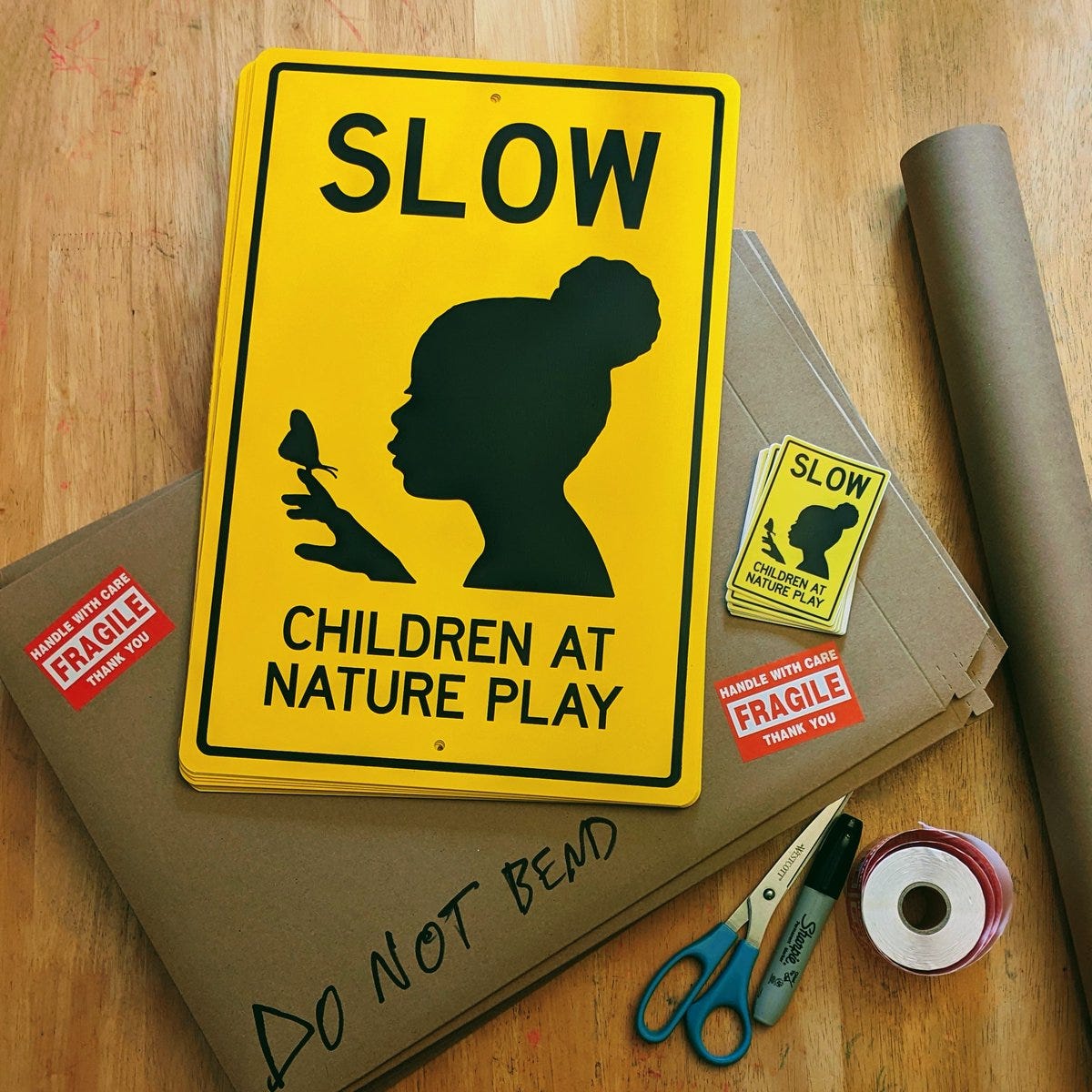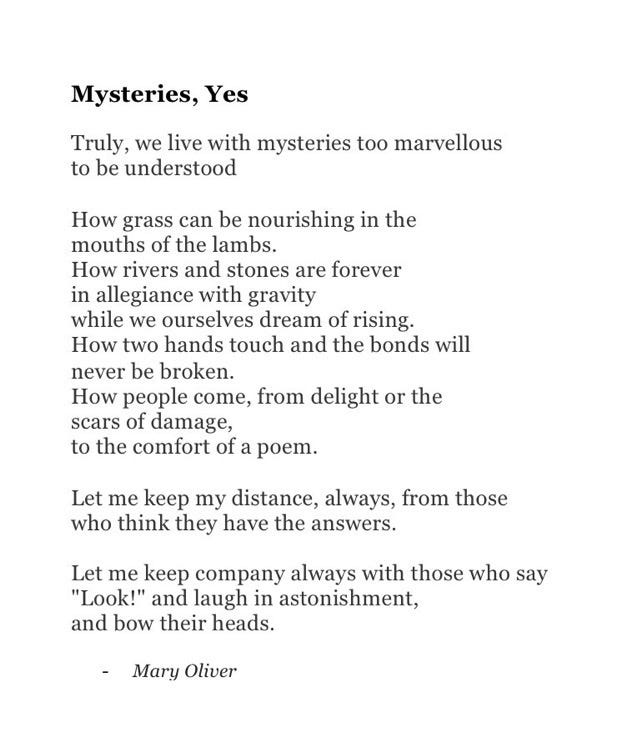Welcome to the seventy seventh edition of Small Talks. Every Friday, I highlight 6 areas of weekly joys and reflections in early childhood and the whole family. Small Talks leverages my experience at the intersection of education, philanthropy, and impact investing. Enjoy!
What I’m celebrating -
This op-ed “The biggest blindspot in education: parents’ role in their children’s learning,” by Alejandro Gibes de Gac, founder / CEO of Springboard Collaborative. It includes a spotlight on Family-Educator Learning Accelerators - 5-10-wk cycles when teachers & parents team up to help kids reach academic growth goals.
“Research shows that parents’ involvement in their children’s learning is a more powerful predictor of academic success than any other variable, including race & class.
Remarkable coverage of Maria Montessori by Mark Swartz for Early Learning Nation. Few have had as much long-lasting global impact in education as Maria Montessori. She was an entrepreneur and an advocate. She was also obsessed about quality. Part I, Part II, and Part III coming up.
An important piece by Laura Overdeck about how maths is a journey to the right answer, often by different routes, and how every parent can support. Bedtime Math is a great set of free tools for parents to do daily math problems with little ones. This daily practice is demonstrated to have meaningful impact that sustains. I smiled at one of their latest daily quiz about the largest dog biscuit of 617 pounds!
For inspiration, Patagonia founder “going purpose” instead of “going public” by giving his wealth to planet earth.
“Earth is now our only shareholder”
— Yvon Chouinard
What I’m listening to
New podcast by Wonderschool where Chris Bennett reflects with others on the importance on childhood.
What I’m reading -
Gabor Maté’s new book “The Myth of Normal” questions what is really “normal” when it comes to health- at a time when mental health and chronic health issues are on the rise. It made me think of an analogy in education that Harvard professor Todd Rose had beautifully highlighted of what is really “average”? Also recommend this interview by Tim Ferris with Gabor Maté.
What I’m watching -
A tribute to Edward Ziegler - a man who mobilized science for public interest, “Father of Head Start, architect of family leave, pioneer for children with disabilities, visionary school reformer, & one of the most impactful psychologists in history”, as Walter Gilliam describes him.
“My politics are children”
— Edward Ziegler
What I’m learning more deeply -
Research shows that early childhood environmental education can positively impact young children’s development.
How our life experiences shape who we are and how we learn
"By the time babies are six months old, you can already see signs that their brains are becoming fine-tuned for the sounds in their own environments."
A new scorecard grades all 50 U.S. states on their laws on child marriage, child labor, juvenile justice, and corporal punishment. The results are alarming: 20 states got an F grade. 26 got a D, only 4 got a C. Not a single state receives a B or an A. We can and must do better when it comes to children!
Beautiful piece by Kendra Hurley about the role of libraries for families.
Last, but not least - The big idea: why relationships are the key to existence
A poem I’m pondering -
Feedback is a gift. Which part above is your favorite? What did I miss? What do you want more or less of? Other recommendations? Please kindly let me know. Thank to all of you who are sending me amazing suggestions.
If you enjoy this newsletter, please help spread the word by sharing with your friends, colleagues, and networks.
Have a wonderful week. Please stay safe and care for each other.
Isabelle









As always, Small Talks is packed so full of great info.
In this issue "The Big Idea" by Carlo Rovelli caught my eye. My 12 year old grandson was just talking about how all things are made of atoms and questioning our perceptions of where things really are (is his hand really ON the table, or partly through the table?). I read him Rovelli's article this afternoon.
A couple of favorite lines:
"A good scientific theory, then, should not be about how things “are”, or what they “do”: it should be about how they affect one another."
"We, as individuals, exist thanks to the interactions we are involved in."
My grandson listened, snuggled next to me as I read - and I also read him an NPR review of Rovelli's new book, "Helgoland."
And then it was time for soccer practice. (If he becomes a theoretical physicist I'll let you know.)
Thank you, Isabelle!